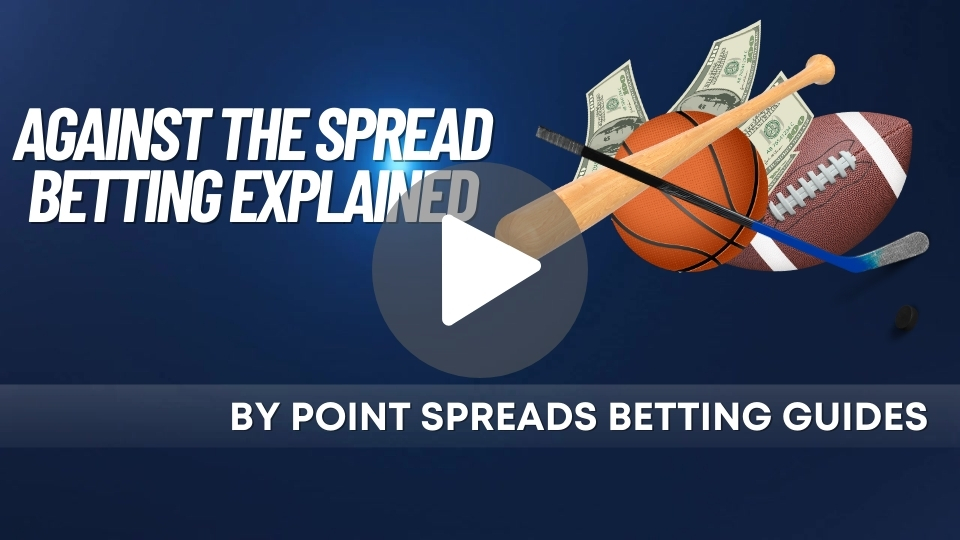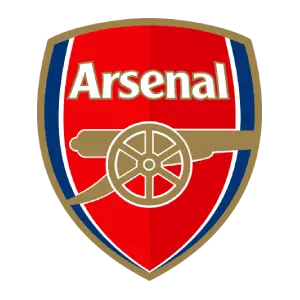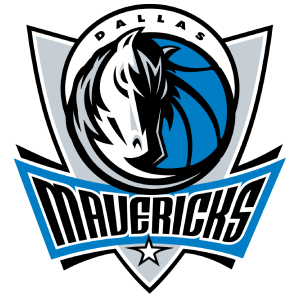
What Is AGAINST THE SPREAD?
To have a complete understanding of sports betting, it’s crucial to familiarize ourselves with common terminologies used in the betting industry. One such term is ‘Against The Spread’ (ATS), which is widely used in wagering. The term ATS is primarily associated with point spread betting, a popular type of wager in sports like American football and basketball.
Betting against the spread means that it’s not enough for the favorite team to merely win the game; they must win by more than a certain number of points, which is known as the ‘point spread.’ This helps level the playing field between two mismatched teams and turns every matchup into a 50/50 proposition, which is then applied to your point spread bets.
Recap Of Underdog vs Favorite
In sports betting, the term ‘favorite’ is used to refer to the team or individual that’s expected to win, while ‘underdog’ refers to the party that’s expected to lose.
The ‘favorite’ is usually associated with a minus (-) sign in betting odds, indicating the amount you need to bet to win $100. Conversely, the ‘underdog’ is associated with a plus (+) sign, indicating how much you could win if you bet $100
Understanding these terms is vital when betting against the spread, as the point spread is designed around the predicted margin of victory for the favorite team. Check our complete guide on how to bet on underdogs & favorites for full knowledge.
ATS Betting 101
Point spread betting, or ATS betting, is about predicting not just who will win, but also the margin of their victory. The spread is designed to create an equal betting market for both teams involved in an event. If a team is heavily favored, a bookmaker will use a point spread to encourage betting on the less favored team. This essentially makes the game a toss-up for betting purposes
Betting With the Spread
When you bet with the spread, you’re wagering that the favorite team will win by more points than the spread. In other words, the favorite must not only win but ‘cover the spread’.
For instance, if the Dallas Cowboys are favored at -3 over the Philadelphia Eagles, betting with the spread means you think the Cowboys to win by more than 3 points
Betting Against the Spread
On the other hand, betting against the spread means betting on the underdog, and, to win, you want the underdog to either win the game outright or lose by less than the point spread.
For example, if the New England Patriots (-7) play the NY Jets (+7), betting on the Jets +7 points means you win if the Jets win the game or lose by less than 7 points
Factors That Impact the Change in the Point Spread
The point spread is a betting term used in sports gambling to make matches with a clear favorite more even. It gives the underdog a certain amount of points as a handicap. There are several factors that can influence changes in the point spread:
- Player Injuries:
- Weather Conditions:
- Public Betting Trends:
- Team Performance:
- Location of the Game:
- Changes in Strategy:
- Time and Rest:
Remember that these factors are not exhaustive, and predicting point spread changes can be as unpredictable as the sports themselves. Bookmakers have their methods for calculating these odds, often involving complex statistical models, but these key factors certainly play a part.
ATS Betting Tips
When betting against the spread there are multiple things that need to be taken into consideration before placing a wager.
Point spread betting is common in various sports, especially those where points are high, such as football and basketball. Here are some examples:
NFL Against-the-Spread:
NFL picks against the spread (ATS) refer to predictions of NFL game outcomes considering the point spread set by bookmakers. The spread levels the betting field by assigning points to each team. Bettors aren’t just choosing who’ll win, but which team will outperform or underperform compared to the spread. Picks are often based on team stats, player form, injuries, and other factors. Despite expert analysis, betting success isn’t guaranteed and should be done responsibly.
In an NFL matchup, suppose the New England Patriots are favored to win over the Kansas City Chiefs by 7.5 points. If you bet on the Patriots (the favorites), they would need to win by 8 points or more for you to win your bet. If you bet on the Chiefs (the underdogs), they would need to either win outright or lose by 7 points or fewer for you to win your bet.
NBA Against-the-Spread:
NBA picks against the spread (ATS) refer to predictions for NBA games, taking into account the point spread set by bookmakers. The spread assigns a point advantage to the underdog team to balance the betting field. When making picks ATS, bettors are predicting which team will exceed or fall short of the expectations set by the spread, not just who will win outright. Picks consider various factors like player stats, team form, and injuries. While expert analysis can help, betting outcomes are never guaranteed.
In an NBA game, if the Los Angeles Lakers are favored by 5.5 points against the Miami Heat, the Lakers would need to win by 6 points or more for a bet on them to pay out. If you bet on the Heat, they would need to either win the game outright or lose by 5 points or fewer for your bet to pay off.
NCAAF Against-the-Spread:
NCAAF picks against the spread (ATS) are predictions made for college football (NCAA Football) games, factoring in the point spread set by bookmakers. The spread is a handicap that evens the betting field. In picks ATS, bettors predict which team will surpass or fail to meet the spread’s expectations, rather than just who will win. These picks rely on various factors, including team performance, player stats, injuries, etc. While these picks often come with expert analysis, there’s no absolute certainty in betting outcomes.
In college football (NCAAF), ATS betting follows the same principles. For example, if Alabama is favored by 14.5 points against Auburn, Alabama must win by 15 points or more for a bet on them to be successful.
NCAAB Against-the-Spread:
NCAAB picks against the spread (ATS) are predictions made for NCAA Basketball games, taking into account the point spread established by sportsbooks. The spread gives a point advantage to the underdog to equalize the betting field. When making these picks, bettors predict which team will exceed or fail to meet the spread’s expectations, not just the outright winner. The picks consider factors like team form, player stats, injuries, and more. Expert analysis can guide these predictions, but as with any form of betting, outcomes are never guaranteed.
In college basketball (NCAAB), if Duke is favored by 9.5 points against North Carolina, Duke must win by 10 points or more for a bet on them to pay out.
Point Spread Betting in Other Sports
While point spread betting is most common in football and basketball due to its high-scoring nature, it’s also used in other sports like baseball and hockey.
However, because these sports are typically low scoring, the point spread (often referred to as the ‘run line’ in baseball or the ‘puck line’ in hockey) is usually set at 1.5.
How To Calculate the Spread Payout?
Spread betting payout is calculated based on the odds given by the bookmaker. The odds for spread bets are typically -110, meaning you would need to wager $110 to win $100. However, this can vary based on the betting action and other factors.
While ATS betting can seem complex at first, with understanding and experience it becomes an exciting and strategic way to bet on sports. Always remember to gamble responsibly and enjoy the process.
Pros and Cons of Against-the-Spread Betting
🔷 Pros of Against-the-Spread Betting:
🔹Enhanced Excitement: Betting against the spread can add a layer of excitement to watching sports, as it often keeps the outcome in question until the end of the game, regardless of the actual winner.
🔹More Winning Opportunities: Unlike straightforward win/lose bets, spread betting can allow for more opportunities to win. Even if the team you bet on loses the match, they may still ‘win’ if they beat the spread.
🔹Increased Complexity and Skill: Spread betting often requires a deeper understanding of the sport and the teams involved, making it a more complex form of betting that can be rewarding for knowledgeable sports fans.
🔶 Cons of Against-the-Spread Betting:
🔸Increased Difficulty: While the added complexity of spread betting can be a pro for some, it can also make it more challenging for casual bettors or those new to sports betting.
🔸Unpredictable: Even with good knowledge of the teams involved, spread betting can be unpredictable. Late-game changes, such as a team scoring a ‘meaningless’ touchdown in the final moments, can affect the spread.
🔸Potentially Misleading: For inexperienced bettors, the concept of betting against the spread can be misleading. They may think they’re betting on a team to win, not realizing they’re betting on a team to win by a certain amount
Summary
Understanding the concept of ‘Against The Spread’ (ATS) betting is crucial for any serious sports bettor. It expands your betting strategy beyond simply predicting winners and losers, instead placing the emphasis on the margin of victory.
Whether betting with the spread (on the favorite to win by more than the spread) or against it (on the underdog to win outright or lose by less than the spread), ATS betting adds depth and complexity to sports wagering.
This approach levels the playing field, transforming every matchup into a 50/50 proposition, thus offering more chances to profit. With consistent research, a good understanding of the factors that influence point spreads, and careful application of betting strategies, ATS betting can be a rewarding part of your sports betting toolkit.
Remember, sports betting should always be fun and never more than you can afford to lose.




















